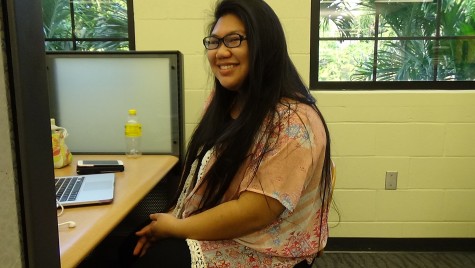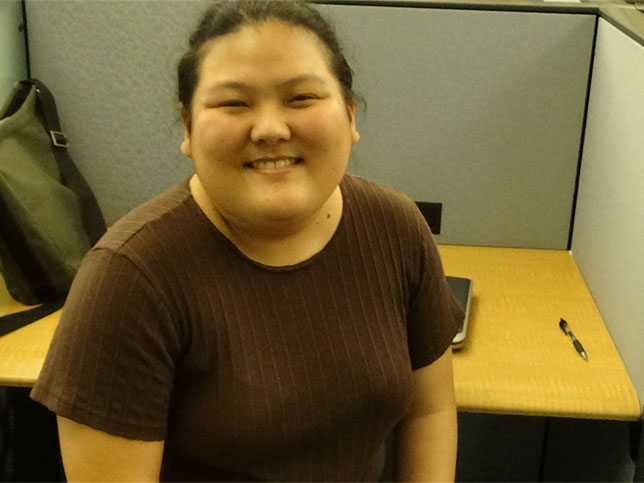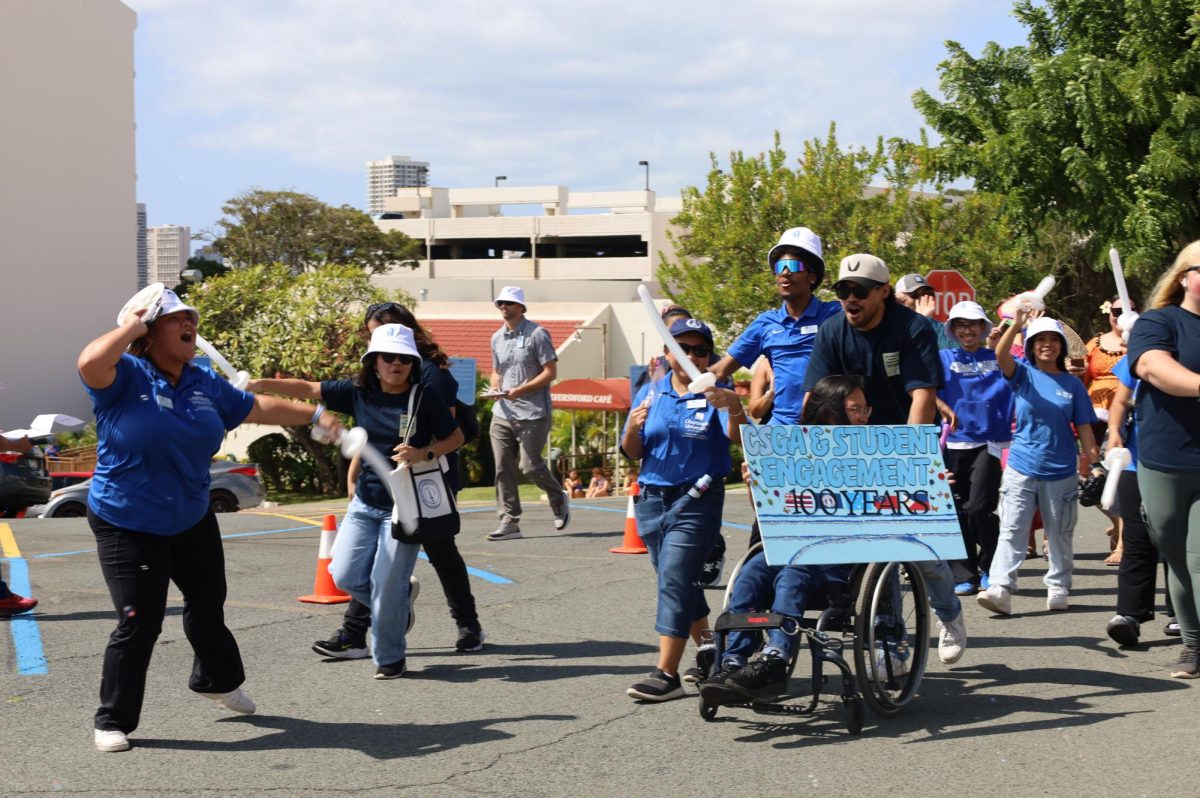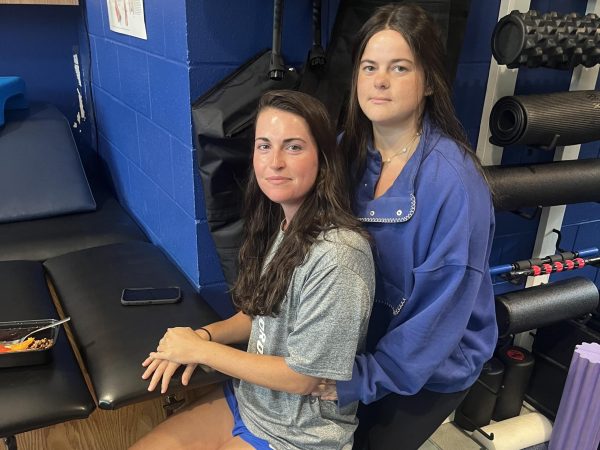Students react to a new poll on religion
Caitlyn Tobita is a 20-year-old from Kaneohe with a major in biochemistry.
February 12, 2016
A handful of students from Chaminade have mixed feelings about a 2014 poll from Pew Research Center that said the number of people who believe in God has slightly dropped from 83 percent to 77 percent since 2007.
Marisa Saito, a 20-year-old Interior Design major, was shocked at the news that more than 19 million people had lost a sense of religion. However, she wasn’t surprised with the recent change.
“I feel like with more science coming into play and education and stuff, people are leaning more towards science related things and maybe losing faith in other beings that isn’t proven,” said Saito.
At the same time, Caitlyn Tobita is unsure whether it is a problem that the poll displays a drop in religious affiliation. The 20-year-old from Kaneohe with a major in Biochemistry said she is spiritual but not necessarily settled on any particular religious title.
“I believe that there is a higher deity, but whether it’s God or some other deity above, I don’t know,” said Tobita. “All religions are sort of intertwined in their morals. It’s like a pro for morality, but I don’t believe that God from the Christian faith is my only option or the biggest option.”
Tobita doubts that Christianity or any sort of God is the correct way. However, she does respect the moral teachings that come from the concept of religion.

Jenny Rose Anacan is a current member of the Chaminade Campus Ministry.
Jenny Rose Anacan, 20, feels that religious convictions are an important part of life. She considers herself to be a practicing Catholic and takes it upon herself to be active in her faith through Chaminade Campus Ministry. She also feels like there are severe consequences in every area of her life for neglecting her faith. Because of her deeply held beliefs, she found it hard to understand how six percent of the population was able survive without a faith she considers critical to life.
“The way I grew up, it was instilled in me that religion was very important,” Anacan said. “It’s practically my foundation in life. If I don’t stay true to my religion then I just go downhill.”
She continued to give further examples of how she was impacted by her faith. Anacan feels that she is a more positive person and has a brighter outlook on life because she immerses herself around others who believe the same as her and religious activities.
Other factors were also shown in the poll in order to help explain why there is a decrease in religious affiliation. Among those who are religiously unaffiliated, 61 percent believe in God compared to 70 percent in 2007. On the other hand, those who do claim to be of a particular faith have become even more adamant in their beliefs. Among the religiously affiliated 97 percent believe in God. The overall population of adults in the U.S. who believe in God has also gone down from 92 percent to 89 percent.
The students were curious to see where the current trend would take us culturally within the next seven years.




